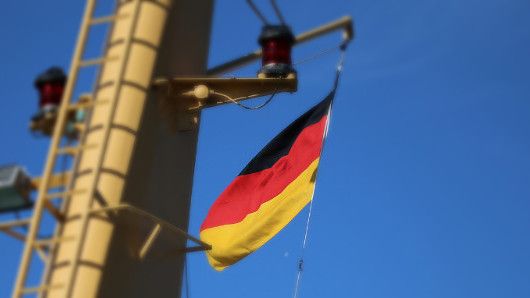After Brexit changes for UK flagged vessels operating in German waters
/Vessels flying a non-EU flag (except Norway) generally require a Cabotage Approval when operating in German waters.
After the Brexit this regulation also applies to UK flagged vessels operating in German waters.
Cabotage is the fee-based carriage of passengers or goods with a foreign-flagged vessel from one place to another within German territory using German coastal waters (12 nautical mile area).
Shipping companies do not require a Cabotage Approval if their ships
carry goods or passengers to places outside coastal waters (12 nautical mile zone) – for example to offshore wind farms in an Exclusive Economic Area or
do not carry goods or passengers for a fee, as for example is the case with assistance tugs in a port.
Vessels flying an EU flag are not required a Cabotage Approval.
The Cabotage Approval is often understood to be the same as the Certificate of Equivalence (CoE). However, they are actually two different documents with different purposes. Cabotage is about counteracting disadvantages for the freedom of economic activity of German shipping while the Certificate of Equivalence ensures a comparable degree of safety of all vessels operating in German maritime waters.
The Cabotage Approval is being issued by the German Authorties.


































Offshore wind farm development has been rapidly increasing in recent years, particularly in the North and Baltic Seas. These wind farms require specialized workboats to assist with construction and maintenance. IMCA CMID and MISW audits are mandatory for wind farm operators to ensure safety and compliance in these operations. The workboats must meet strict standards and regulations to guarantee efficient and safe operations at the wind farm sites.